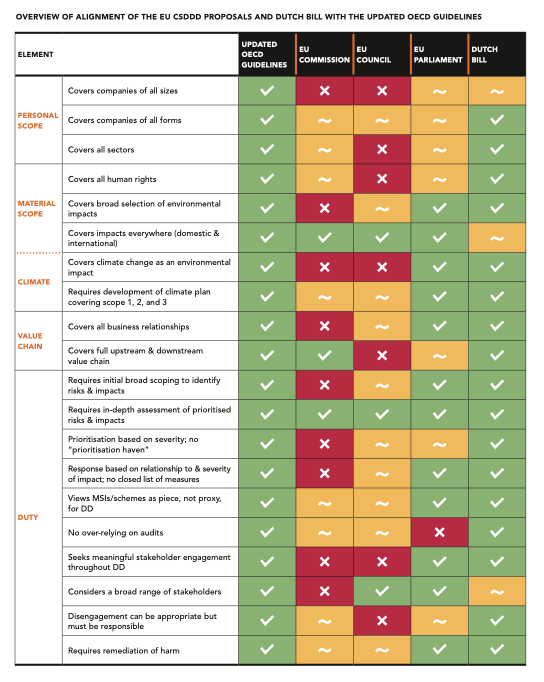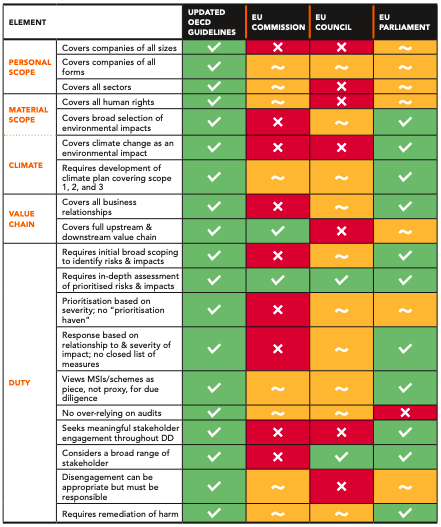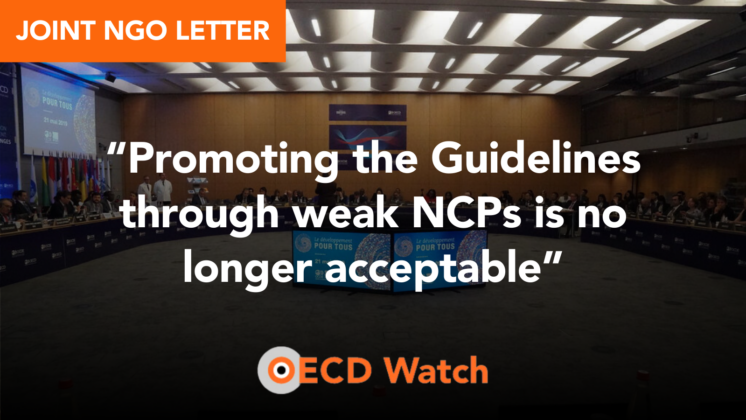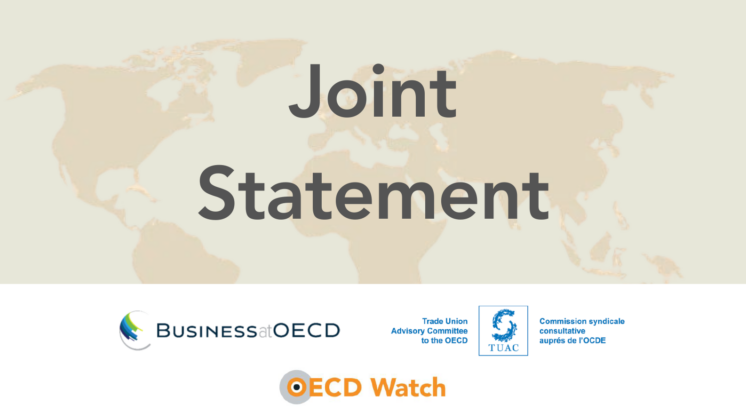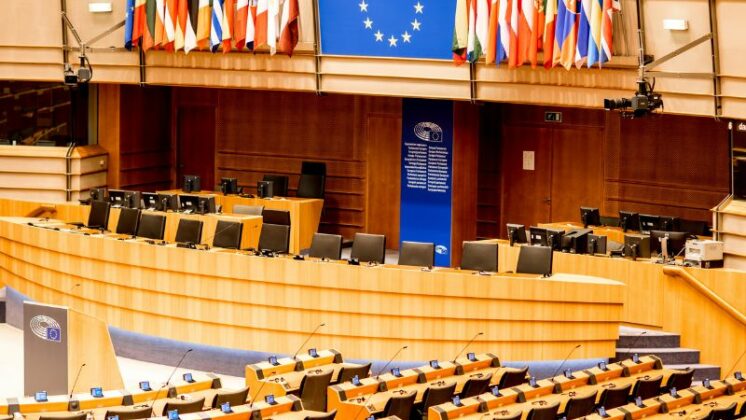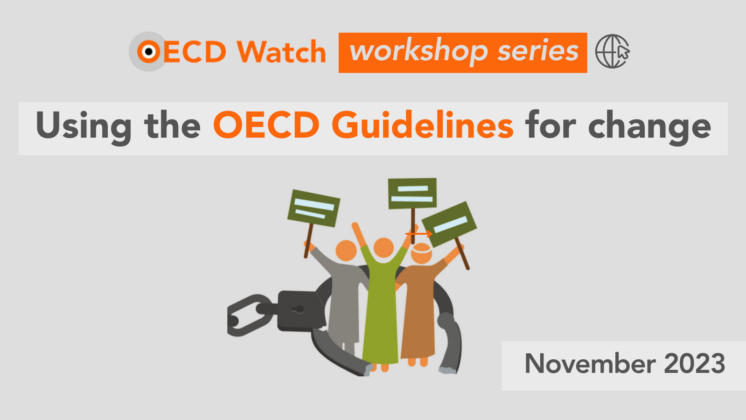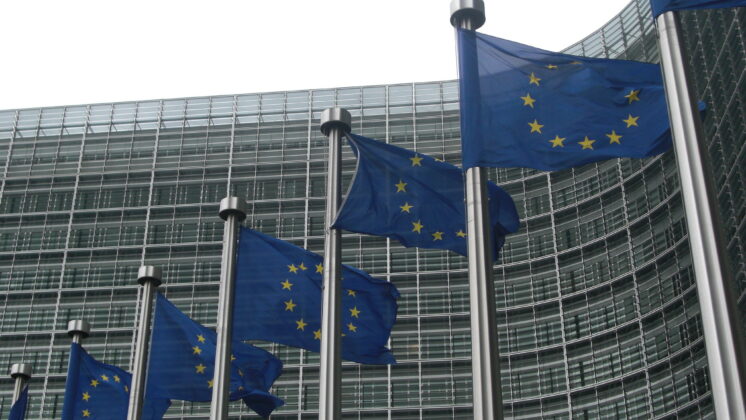Why and how to align the draft EU Corporate Sustainability Due Diligence Directive and the Responsible and Sustainable Business Conduct Dutch bill with the OECD Guidelines
The OECD Guidelines for Multinational Enterprises on Responsible Business Conduct (‘the Guidelines’) – which are, along with the UN Guiding Principles on Business and Human Rights (UNGPs), the leading international norm on due diligence – have recently undergone an update which was unanimously endorsed by the full OECD Council (comprised of 51 OECD and adhering governments).
These international norms pave the way for states wanting to enshrine corporate expectations in hard law. Many EU policymakers, businesses, and civil society prioritise achieving impactful and workable due diligence laws while avoiding a proliferation of conflicting expectations for enterprises. The existing authoritative international norms on due diligence are vital in preventing such conflict.
This paper builds on OECD Watch’s earlier assessment of the degree to which the three EU institutions’ proposals on the Corporate Sustainability Due Diligence Directive (‘CSDDD’) align with or diverge from the updated OECD Guidelines. This paper additionally looks at the Dutch Responsible and Sustainable Business Conduct bill (‘Dutch bill’), keeping in mind that the Netherlands will need to transpose any future EU Directive that is eventually passed.
OECD Watch has previously recommended that the EU institutions agree on directive text maximising alignment with the updated OECD Guidelines. Similarly, it encourages individual EU Member States, including the Netherlands, to seek alignment with the revised OECD Guidelines. With the Dutch bill, the Netherlands seems to be largely on track to bridge some critical gaps left by the EU proposal. However, it can still improve its alignment, especially regarding due diligence related to impacts within the Netherlands and stakeholder involvement.

